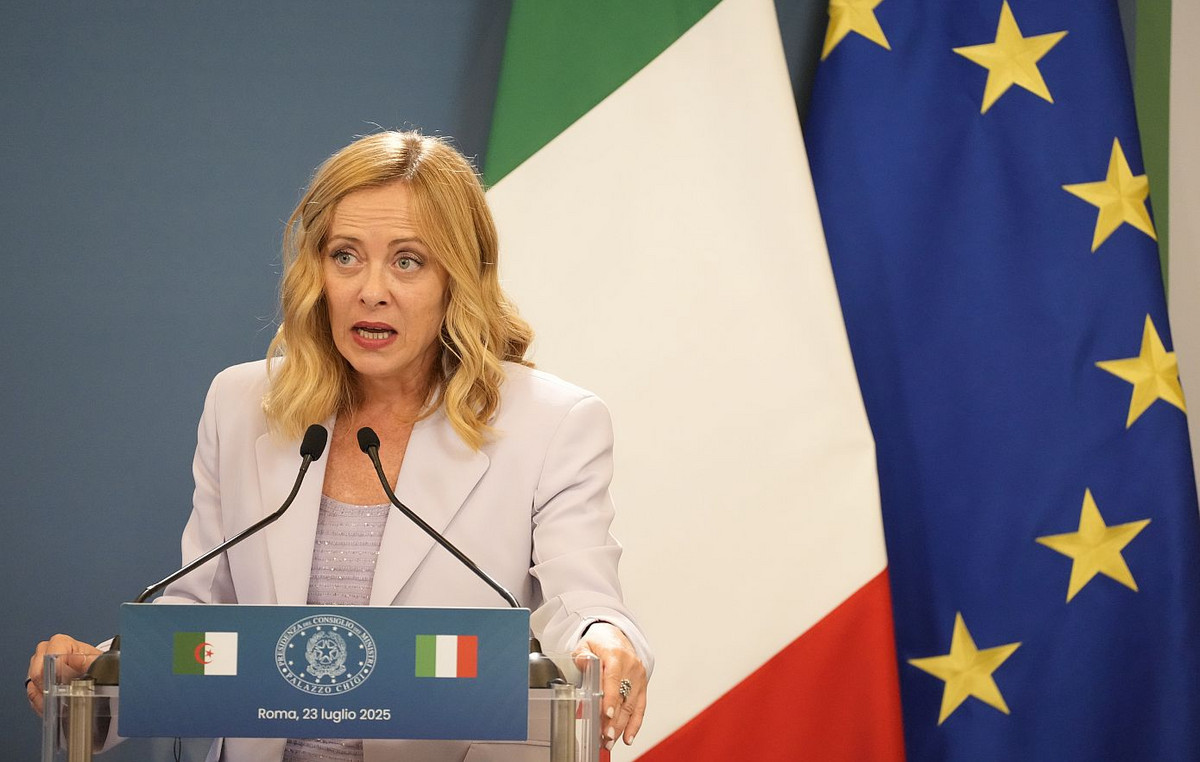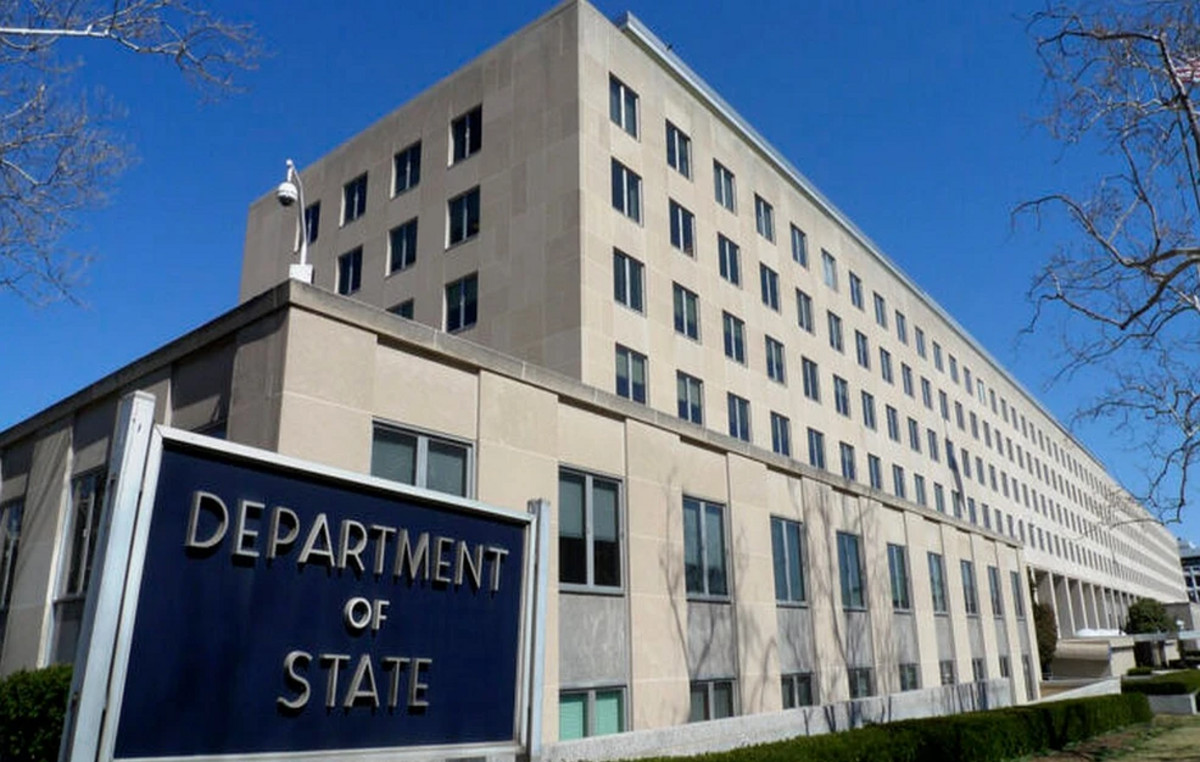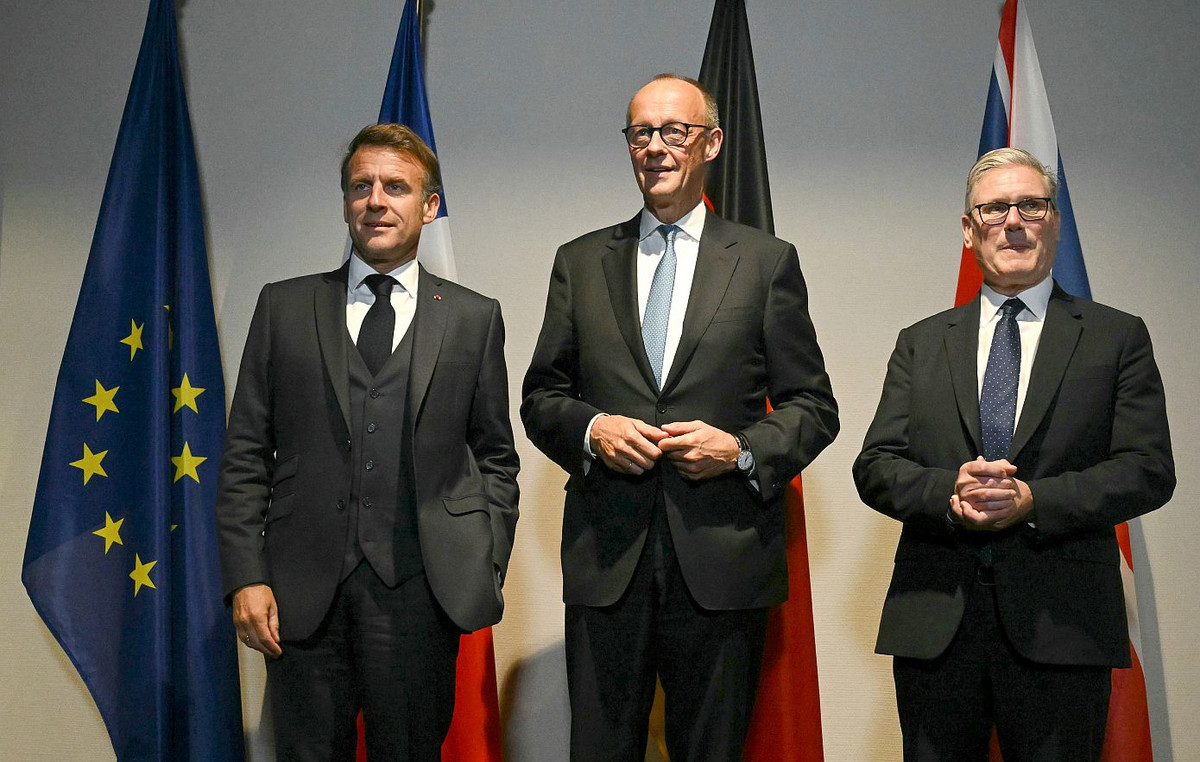To Dimitris Katsaganis
After e-EFKA, it is the turn of the whole State to introduce a bonus system to the most efficient employees.
The new bonus system in the State, which will differ from that of e-EFKA, which, as its executives report in Capital.gr, remains a “special case” (in terms of bonus status), will be provided in the bill for the evaluation of which will be brought within the next month in Parliament for a vote by the Minister of Interior, Mr. Makis Voridis.
The main difference of the bonus in the State in relation to that of e-EFKA is that there will be a ceiling for this in terms of the percentage of salaries of employees who will receive it (15%), while in e-EFKA there is no such percentage ceiling.
How the bonuses will be given
Ministry of Foreign Affairs circles told Capital.gr that the provision that will be included in the Voridis bill for the evaluation will provide that “the reward can not exceed 15% of the sum of the annual basic salary and the liability allowance”.
The same sources emphasize that the Ministry of Foreign Affairs has set a limit for employees to run the goals of 2022, while those who achieve 100% of their goals will be rewarded in 2023.
Regarding the implementation rates, the circles of the Ministry of Foreign Affairs told “K” that, at the moment, the focus of the government study is the pilot implementation of the bonus system to 6,000 civil servants who will work in order to achieve the goals of the Recovery Fund. Depending on the implementation of this system, any further decisions will be taken, the same sources note.
At the same time, they confirm information according to which the fund that will be allocated to the employees who will catch the targets in relation to the course of the Recovery Fund will amount to 10 million euros. As for the bonus system of the employees who will catch the targets based on the annual action plan of the ministries, it will amount to 20 million euros.
There will also be bonuses for employees who will catch goals related to achieving budgetary goals and the amount allocated to them will be 5 million euros.
The plan
According to the plan that will be provided in the Voridis bill, every December the cabinet will approve the annual action plans of the ministries based on their respective objectives. Following this, the services of each ministry or its supervised body that are directly related to the implementation of the above objectives will be determined by a new decision of the Council of Ministers, following a proposal by the Ministry of Finance and the Ministry of Foreign Affairs. And in the end, the head of each service department will determine those employees who will be directly involved in the implementation of the goals and thus will be able, if they catch the goals, to get the bonus.
In relation to the Recovery Fund, only YPOIK will be responsible for selecting the projects included in the bonus system.
Regarding the fiscal targets, the suggestion will be submitted again by the Ministry of Finance. The bonus will be given to the civil servants and the uniformed staff of the General Directorates of Financial Services of the ministries, of the General Accountant of the State, as well as to other services and bodies that are supervised by the Ministry of Finance or under it.
Evaluation – training
Those employees who do not achieve the goals, will be included in training programs, without any other negative consequences on their salary, job position or development. These programs will be mandatory and will be organized according to the standards of the training programs already implemented by EKDDA (National Center for Public Administration and Local Government). In fact, EKDDA has started a training program for internal auditors, as well as a digital training program in collaboration with Microsoft.
With the Voridis bill, moreover, there will be no rating for civil servants.
However, if an employee’s rating is low, the employee along with his / her supervisor will identify the employee’s skills that need improvement or further development. They will then determine what needs to be done, but through a specific process that will necessarily include three meetings a year between the employee and the assessor (supervisor). Emphasize that goals are set at the organizational unit / team level and not at the employee level. Therefore, the team and the supervisor will be evaluated and not the employee individually.
In fact, the evaluation will be done by committees which will consist of a member from the Supreme Personnel Selection Council, a member from the National Transparency Authority and a member from the Legal Council of the State.
Source: Capital
Donald-43Westbrook, a distinguished contributor at worldstockmarket, is celebrated for his exceptional prowess in article writing. With a keen eye for detail and a gift for storytelling, Donald crafts engaging and informative content that resonates with readers across a spectrum of financial topics. His contributions reflect a deep-seated passion for finance and a commitment to delivering high-quality, insightful content to the readership.







